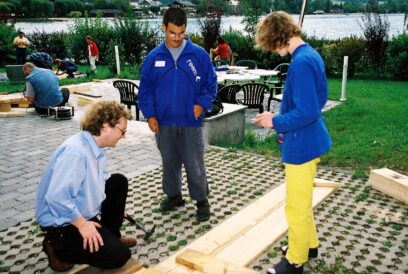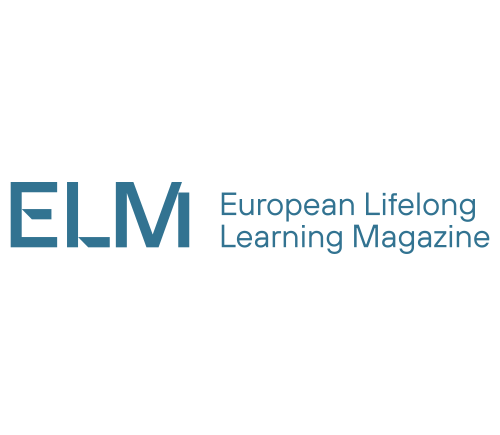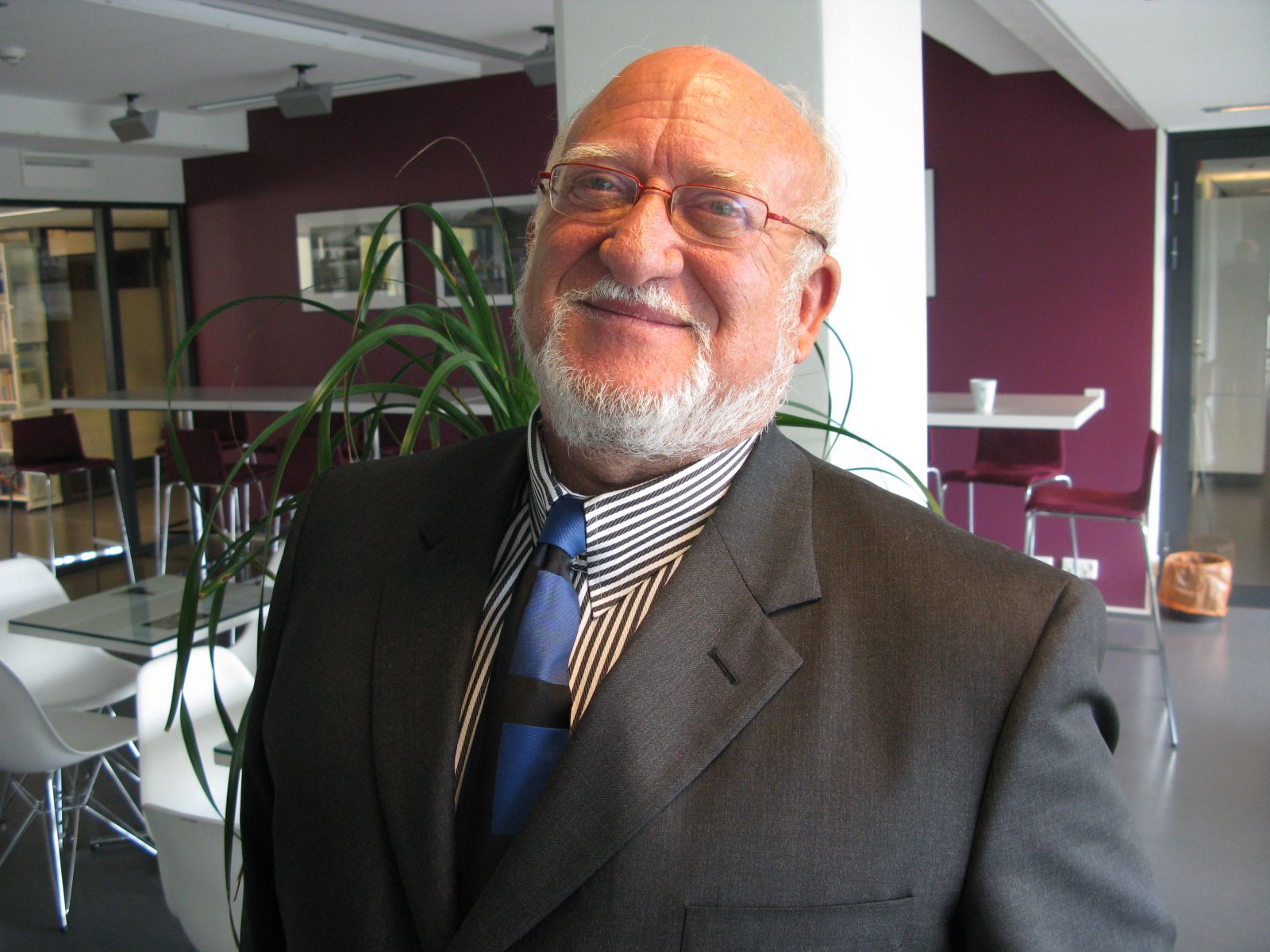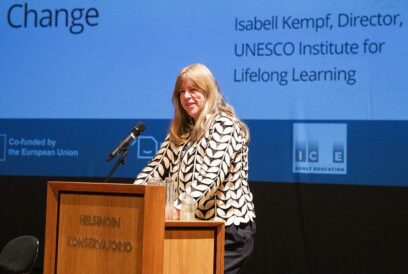

Adult education experts from the US, Australia and South Korea share PIAAC reactions from their countries.
The results of the international PIAAC study were guaranteed front page gold in European mainstream media. The OECD study, published on the 8th of October, measured adults’ literacy, numeracy and IT-related problem-solving skills in 20 European countries.
In addition to Europe, skills were scrutinized in the United States, Japan, South Korea and Australia. It seems that overseas, PIAAC is much less of a “big deal”.
Adult education experts from the US, Australia and Korea now share PIAAC reactions from their countries.
United States
Stephen P Heyneman, Professor of International Education Policy at Vanderbilt University, Tennessee, USA.

The United States placed 8th to last in literacy and second to last in numeracy.
How has the media and education experts in your country reacted to your country’s PIAAC score and results?
I must say I never heard about PIAAC before you contacted me for this interview! Adult literacy is not very high on the agenda of US researchers, including me.
What was your personal reaction to the results?
I acquainted myself with the results now that I heard about the study. USA is below OECD average in all 3 skills categories. The research findings seem quite predictable. For example I am not surprised that those with already low skills levels are easily beyond the reach of lifelong learning.
What is the most important result for your country?
US media and experts are not terribly interested in PIAAC but PISA is another story altogether. School children’s PISA skills scores are front page news also here in the US. PISA results offer a wealth of interesting information but local media only focus on one aspect of them: American children are well behind the rest of the world!
Australia
Sally Thompson and Barry Golding, Adult Learning Australia (ALA), national peak body for adult and community education.

Australia placed fourth in literacy and 13th in numeracy.
How has the media and education experts in your country reacted to your country’s PIAAC score and results?
Media has been silent about PIAAC. We have seen random headlines about one particular finding: young Australian men outperform women in numeracy.
Also, the media and education authorities have not had time to digest and respond to the data. Statements may follow later.
Peak literacy and adult learning bodies have naturally studied the results and are in something of a quandry as to how best to respond. This is in part because the PIAAC data are not directly comparable with previous OECD studies such as Adult Literacy and Life Skills (ALLS) and the critical commentary that were associated with the release of that data. There is some work being done by the Australian government comparing previous ALLS data with current PIAAC data in order to measure progress. Also, because the literacy results are superficially reasonably good, there is less reason for big statements.
What is the most important result for your country?
Our association is worried about the relatively low skills level of our seniors and immigrants. The same applies to the unemployed, people employed in manufacturing, construction, primary industries, and transport and people at most lower occupational levels. The low skills level is detrimental to the wellbeing and productivity of our population.
There is no coherent or properly funded national strategy for adult learning or literacy in Australia. The emphasis on accredited training in a market place tends to devalue the important work done in the adult education sector, with limited resources, with access programs for people with low literacy and numeracy skills.
On the other hand, Australia has weathered the global financial crisis better than most nations and would be well placed to improve its literacy and numeracy with more coherent policy and funding. Having said that, the recent election of a new government on a platform of fiscal conservatism may mean that adult education generally and adult literacy become less of a policy priority.
South Korea
Dong-Seob Lee, adult education researcher, University of Tampere, Finland

South Korea placed 13th (close to OECD average) in literacy and 14th in numeracy.
How has the media and education experts in your country reacted to your country’s PIAAC score and results?
Minister of Education Namsu Seo and the Minister of Employment and Labor Hanam Bang gave a statement where they pledged to develop a society of lifelong learning that would concentrate on especially senior citizens, women and the low-skilled.
What was your personal reaction to the results?
I am not surprised at the relatively low score of South Korea. Also in digital literacy we scored below OECD average.
The government tries to balance its education policy between liberal adult education for the benefit of wellbeing and vocational adult education for the benefit of the economy. However only a little over 30 % of the population take part in lifelong learning. This is a bit below the OECD average.
It is doubtful education policy will change because it is already in a state of development. The government is developing national competency standards for professional competencies.
What is the most important result for your country?
The largest skills gaps between generations of the whole study are found in Korea. In a nutshell, young people and males have highest skills.
Our country boasts top class universities, and we almost have an oversupply of highly educated work force but there are serious problems with skills maintenance. Of all PIAAC countries, Korea has lowest on-the-job learning rates. The Korean workplace tends to be hierarchical with top-down management.
What is positive about our education system is that well over a half of low-skilled people are active in working life. This is high in comparison to other OECD countries. In general we value and use the expertise of older employees, and a lot of tacit knowledge is being passed to younger workers on a voluntary basis in workplaces.
Read more
Previously in LLinE
PIAAC is a weapon for the lobbyist
First results: PIAAC calls for equality in lifelong learning





